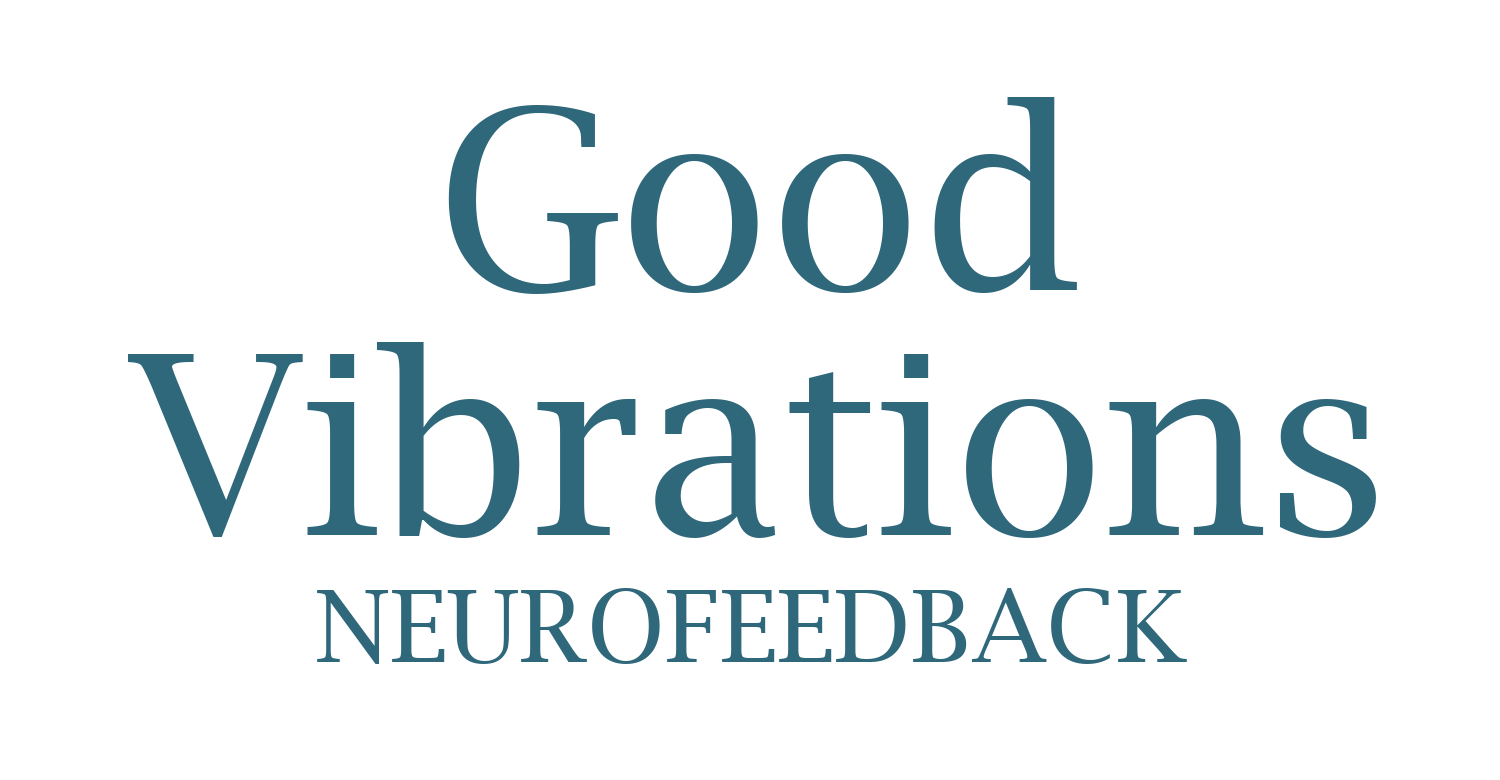Sleep Disorders
Research On NeurOptimal® And Sleep Disorders
Sleep disorders are conditions that disrupt or change the way you sleep. Common types include insomnia, obstructive sleep apnea, restless legs syndrome, and narcolepsy. Some of the symptoms of a sleep disorder include movement during sleep, chronic daytime sleepiness, and irregular breathing patterns. Other signs include an irregular sleep and wake cycle and difficulty falling asleep.
A sleep disorder can affect your overall health, safety and quality of life. Whatever the form, sleep deprivation can affect your ability to drive safely, affect how well your brain functions, and increases your risk of other health problems.


Neurofeedback and Sleep Quality
Research has explored how neurofeedback may relate to improved sleep quality, particularly in individuals experiencing insomnia or disrupted sleep rhythms.
– In the paper “Optimal Sleep Using NeurOptimal®: Insomnia Studies,” Dr. Ed O’Malley, Ph.D., FAASM, examined how NeurOptimal® training may support more effective sleep strategies. Observations included reduced physiological arousal and improvements in sleep patterns over time.
– A companion study, “Natural Sleep Rhythms: From Cells to Behaviour,” also led by Dr. O’Malley, explored how NeurOptimal® may interface with the brain’s circadian timing system, supporting the restoration of natural sleep rhythms.
These studies contribute to a growing body of research examining how brain training may play a role in promoting healthier sleep.
